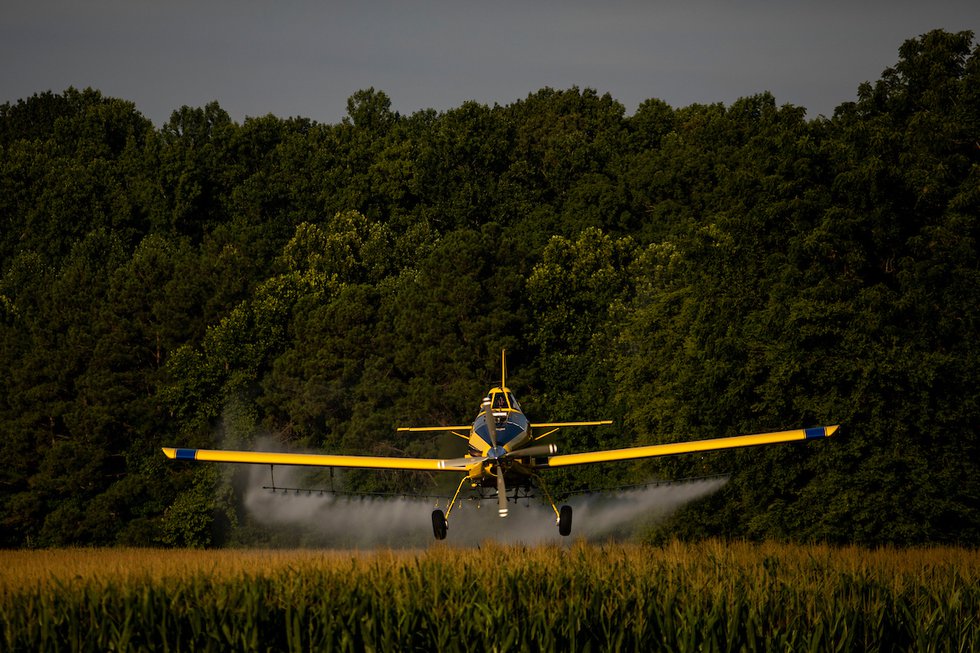19th century base ball comes to Oatlands this weekend!

The Chesapeake Nine, also known as The Chessies

Elkton Eclipse vintage base ball team

Oatlands Historic House and Garden
On Sunday June 12 Oatlands Historic House and Garden in Loudoun County will host a Base Ball Day, organized by the Loudoun Preservation Society. That’s not a typo. Base ball–two words¬–is what America’s pastime was called in the 19th century, and the three teams competing at Oatlands will play with the rules and equipment of 1864.
Base Ball Day is a fundraiser for the Loudoun Preservation Society’s grants program, which has already injected upwards of $800,000 into the community, funding projects like a new slate roof on the historic Christian Community Church at St. Paul’s. Lori Kimball, president of the Loudoun Preservation Society, says they were brainstorming fundraising ideas and looking for something unique. The suggestion of 19th century base ball prompted an internet search, and “up pops lots of information from all over the country,” says Kimball. “I had no idea!”
Kimball emailed teams from the Mid Atlantic Vintage Base Ball League, and two teams in Maryland–the Chesapeake Nine of Baltimore and the Elkton Eclipse Base Ball Club–responded immediately. Game on. And don’t let the 19th century replica uniforms fool you into thinking these guys are just re-enactors. This is their sport and they’ll be playing to win. In fact interest was so strong that a third team— The Potomac Nine of Washington D.C.—was soon added, so now Oatlands will host three games (or “matches,” to use correct 19th century base ball terminology), played back to back.
A National Trust property like Oatlands may initially sound like an odd location for an event like this, but 19th century base ball was not a stadium sport. “Base ball was played in fields,” explains Kimball. “No manicured baseball grounds, no bleachers. It was a big social day, played on a Sunday. We needed a place with a big enough playing field,” and Oatlands was the perfect location. Kimball is expecting around 1,500 people to attend, and encourages everyone to bring blankets and lawn chairs, both for comfort and to help replicate the 19th century spectator experience.
The game itself will be familiar to baseball fans, but with key differences in the rules and customs. The same ball is used for the entire game, and is traditionally taken as a trophy by the winning team. No gloves, helmets or any other protective gear will be worn. Pitching is under-arm, and a ball caught after one bounce is an out. The pitcher (or “hurler”) is expected to throw a hittable ball, and the batter (or “striker”) is expected to swing at every hittable ball, which means “willow” hits “apple” in base ball with more regularity than bat hits ball in baseball. (If you have no idea what that means, see our 19th Century Base Ball Lexicon guide below.)
Spectators won’t be expected to know every nuance, but players will be happy to take questions from the crowd both during and between games. There will also be a historian from the Mid-Atlantic Vintage Base Ball League on hand, as well as replica bats and caps for spectators to try on and—literally—get a feel for the 19th century version of the game.
Admission to Base Ball Day at Oatlands Historic House and Garden will be charged per vehicle: $20 per car, motorcycle, van, truck or RV, $50 per bus. Rain or shine.
PreserveLoudoun.org/Events/Baseball
19th Century Base Ball Lexicon:
Courtesy of Bruce Leith, president of Elkton Base Ball Club, Joe “Commodore” Stanik, captain of the Chesapeake Nine of Baltimore, and Richard “Pastime” D’Ambrisi, club historian for the Potomac Nine of Washington D.C.
Ace = run
Apple (or “pill”) = the ball
Arbitrator = umpire
Ballist = player
Behind = foul out to the catcher
Cake = player of little skill (but better than a “muffin”)
Club Nine = team
Daisy cutter = low line drive
Dish = home plate
Fanatic/onlooker/admirer (“crank” if derogatory) = fan or spectator
Foul tick = foul tip
Garden = the outfield
Ginger = spirited hustle
Hand dead/down = out
Hurler = pitcher
Jim jam = wild pitch
Leg it = run hard
Mascot = the bat boy
Match = game
Muckle = power
Muff = error
Muffin = unskilled or rookie player
Pitcher (or feeder) = the pitcher
Scout = outfielder
Side out = three outs
Sky ball = high pop up
Stinger = hard hit ball
Striker = batter
Striker to the Line = batter up
Tally = to count an ace
Three hands out= side retired
Unmanly = when someone lets a ball bounce instead of catching on the fly
Very manly = when someone makes a great catch in the air
Whitewash = hold a team scoreless in an inning
Willow = the bat









